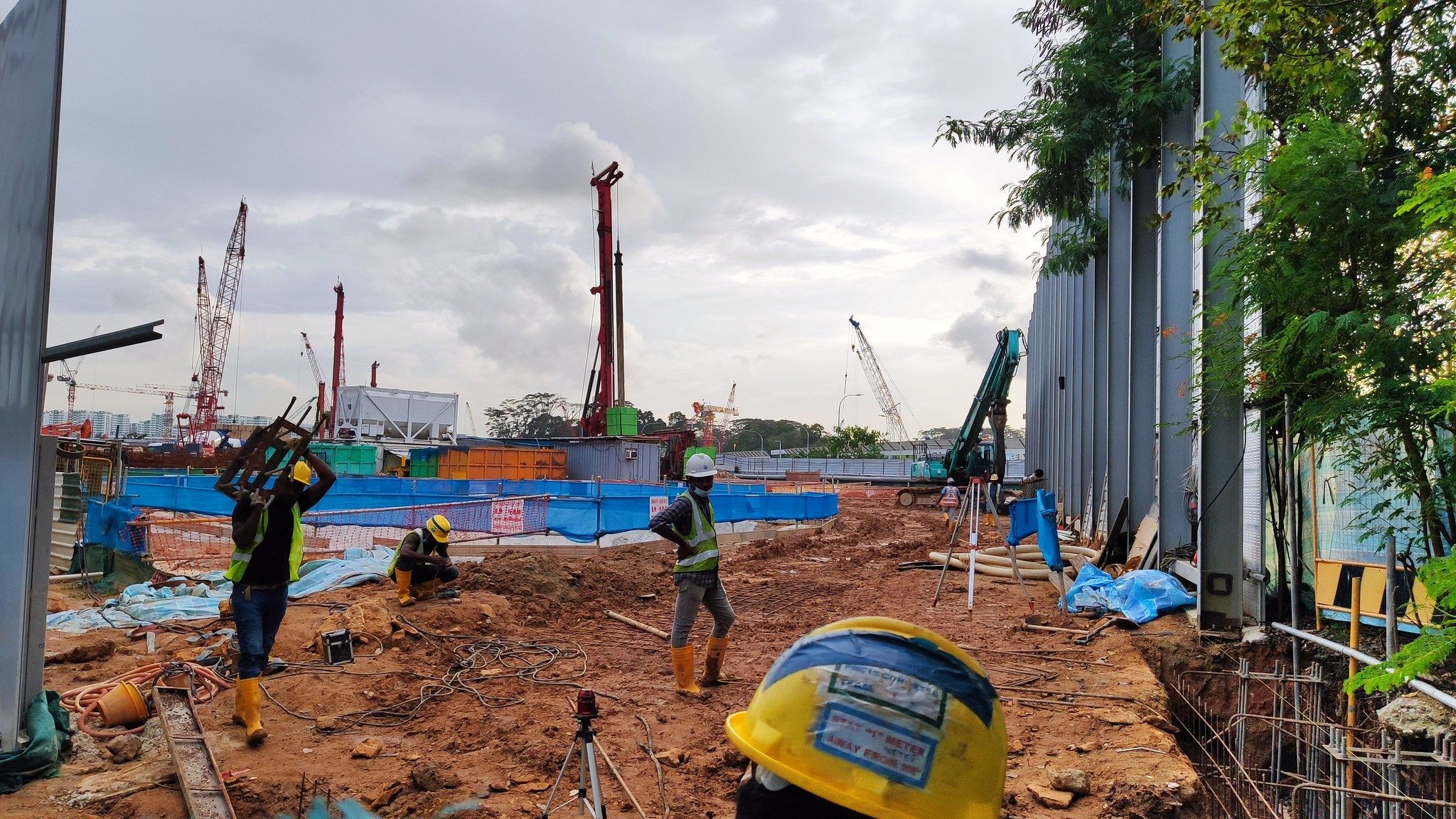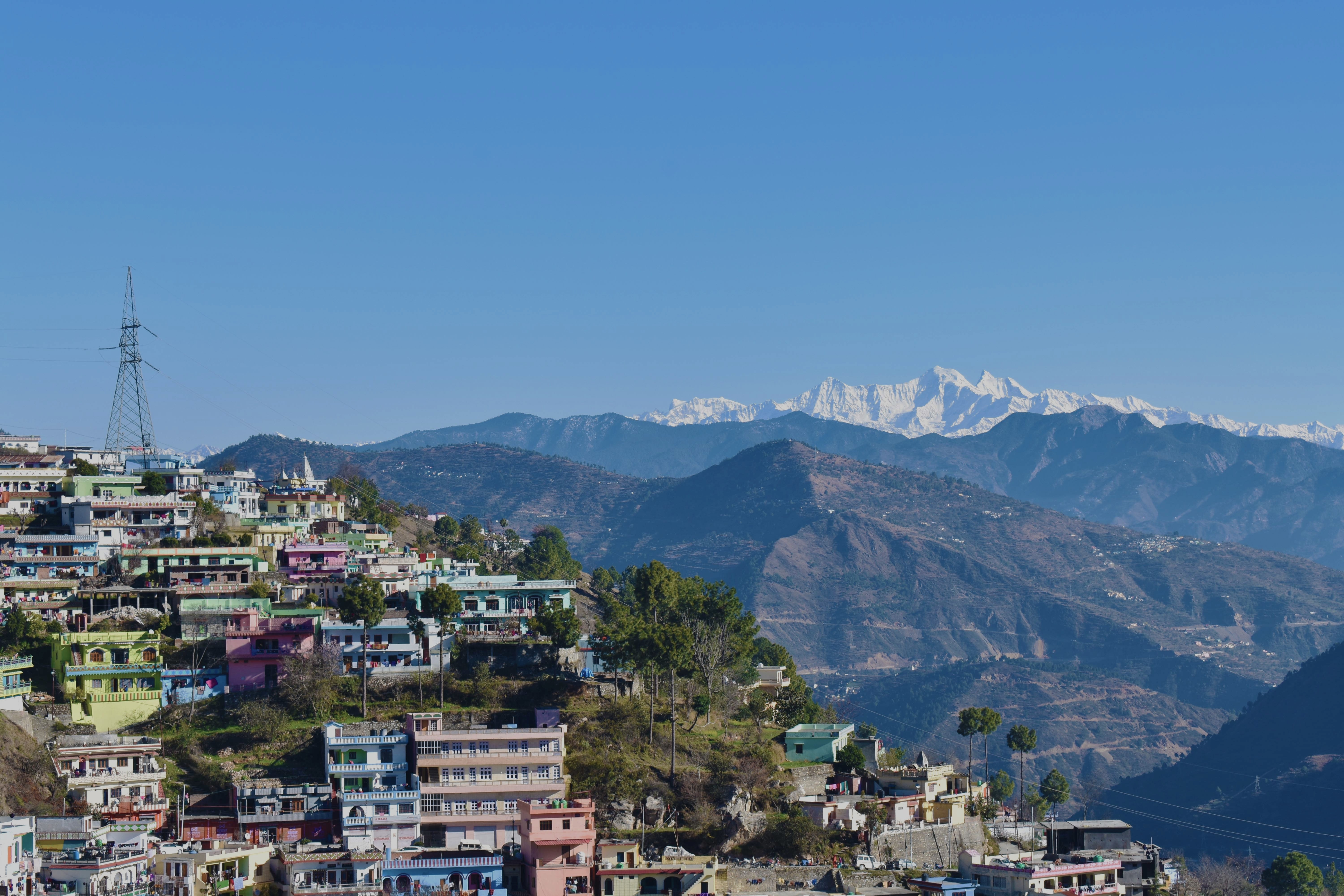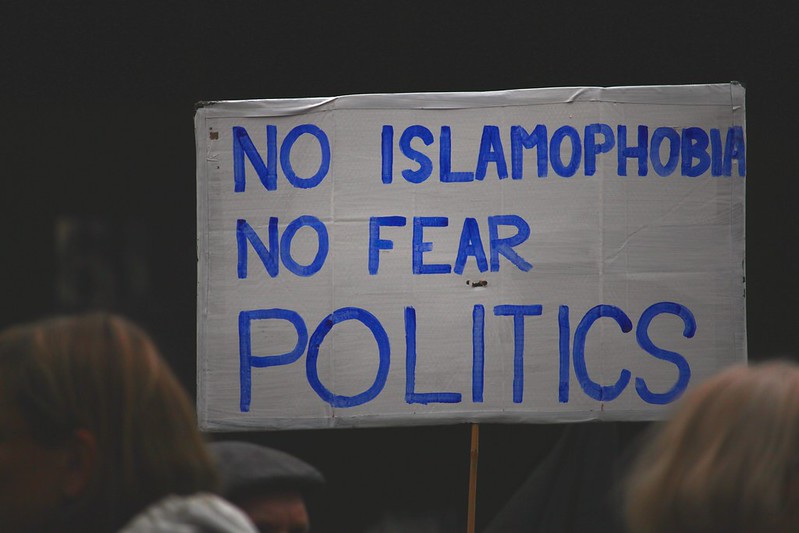MSc student in Development Studies Luis Eduardo Gutiérrez Rojas analyses the use of propaganda in populist politics and the threat this poses to democracy, looking specifically at Colombia and Brazil.
A Spanish-language version of this article translated by Luis Eduardo is available to read here.
Colombia and Brazil are holding elections in 2022, and the current scenario is similar to 2018 when polarization, misinformation, and propaganda were crucial to the political outcome. Propaganda, which plays a major role in the political arena in Latin America, is threatening the quality of debates, the trust in institutions, and our fragile democracies. Given all the implications and perils that this phenomenon has for institutional performance and the survival of democracy, it is essential to understand it from innovative approaches.
In this article, I analyse how propaganda works based on the contributions of Ernesto Laclau on populism. This latter concept must be understood as a political style, strategy, and leadership technique that tries to create a personal relationship between the leader and followers, bypassing any institutional tie. Populists are Manichean, anti-institutionalist, and appeal to the people for claiming to represent what they consider the genuine interest of majorities.
Manicheism
The first and maybe most crucial characteristic of populist leaders and propaganda strategies is the notion that the political spectrum is divided into two irreconcilable fields, the “good” and the “bad” ones, following a Manichean binarism. The main objective of propaganda is to spread ideas in order to influence or manipulate behaviours in a political community. Therefore, in propagandistic messages, a claimed ‘truth’ or ‘truths’ are conveyed with partial information, symbols, half-truths, and deliberate omissions.
Those who spread propaganda are the self-declared good ones, and even the Messiah in some cases. Because propaganda presents one authoritative belief or set of convictions, it does not tolerate criticism, and anyone who dares to raise questions or doubts is automatically catalogued as an enemy. In Colombia, for some political sectors on the right, any criticism is a sign of guerrilla influence or resentment. In Brazil, Bolsonaro won in 2018 by spreading misinformation about and stroking hatred towards every group associated with diversity and non-conformity in society, and the scenario for this year seems to be quite similar.
Anti-institutionalism
Propaganda holds a contradictory position in relation to institutions. On the one hand, if necessary for the strategy, it can undermine institutional networks and citizen confidence by targeting certain institutions, accusing them of corruption, clientelism, or even as the corrupter of societies without sufficient evidence. On the other hand, propaganda can come from institutions themselves to further their own agenda. However, either as a target or as a source, propaganda undermines the confidence and the trust in institutions, provoking a crisis of legitimacy.
Colombia just elected a new congress, the first in republican history where the left will be the more significant force. The main proponent of propaganda, the former president Álvaro Uribe Vélez, ruler of the political party Democratic Centre, called for the election results to be disregarded, despite of the fact that, some weeks ago, declared his alliance to electoral institutions in Colombia calling for the acceptance of rules. He asked for a total recount of the ballots; next, the President of the Republic, Iván Duque, followed him (in the current legal framework, the President must remain neutral in these issues as head of the State); and finally, the chief of the electoral organization did the same, knowing that legally it is impossible to hold a total recount.
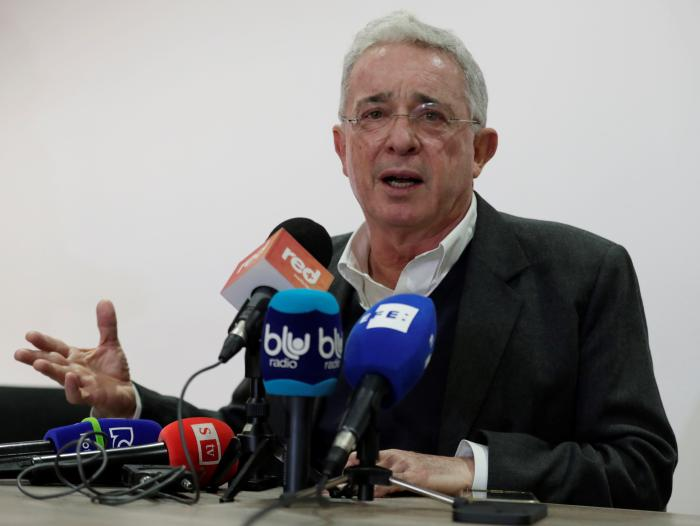
Jair Bolsonaro, although the winner of Brazil’s elections in 2018, claimed that fraud was committed in the election process; in 2022, he has made similar accusations against the electoral system in his country, claiming he will not acknowledge the results if he does not win. Moreover, Bolsonaro has cast doubts on recent polls that put Lula at the head of the presidential race with almost 49% of voter intention.
However, Bolsonaro propaganda’s strategy is not only electoral; in the middle of the COVID-19 pandemic, the president started a misinformation campaign denying the existence of the virus. Constant attacks against the World Health Organisation (WHO), distrust of vaccines, scepticism on lockdowns, and the spread of misinformation led even to the removal of some of his posts on Facebook, YouTube, and Twitter for norms violations.
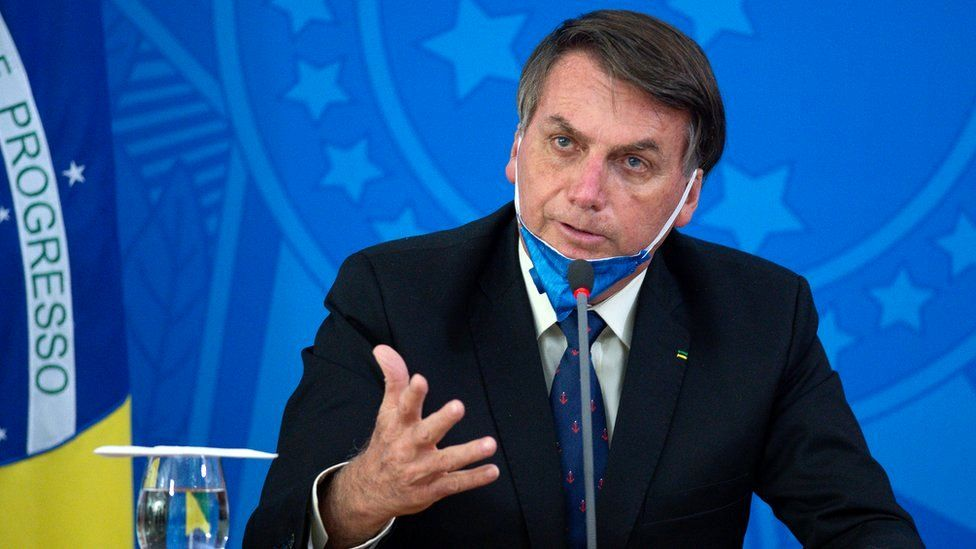
Appealing to the people
Populist leaders try to bypass the institutional frameworks appealing directly to the people and create a direct bond with them. In this strategy, the deployment of symbols, myths, and popular beliefs are crucial. In Latin America, some populist leaders have built their leadership in an anti-imperialist stance targeting the United States; others, Like Evo Morales in Bolivia, have used indigenous cultures to appeal to a millennial precolonial legacy, and built a political movement on it.
In Colombia and Brazil, it’s the defence of conservative Christian values has been one of the main issues for propagandistic leaders. In the former, in 2016, when the government was in the final stages of the peace agreement with the FARC guerrilla (Revolutionary Armed Forces of Colombia), some right-wing politicians deployed a strategy based on “gender ideology”, with the pamphlets with messages like “Colombia is in danger! Of falling under the control of a communist dictatorship and the imminent passage of a gender ideology“.
Whereas in Colombia this messaging was accepted and promoted within several Catholic communities, in Brazil the relationship was more robust in response to Evangelical groups. The social policies implemented by the leftist Worker’s Party (PT) defied Brazilian society’s conservative values and empowered minorities. Because of this, Bolsonaro called on the people to save the country from a moral and ethical crisis. Additionally, in the polarized campaign of 2018, Bolsonaro took advantage of the deep political crisis provoked by the biggest corruption scandal in Latin America, car wash or Lava Jato, which consisted of an unusual network of bribes, public contracts, and illegal presidential campaign funding in the whole continent. The now president proposed a thorough cleansing of “red criminals” from Brazilian society, using the political discourse of the twentieth-century dictatorship that criminalized every left-wing position.
Conclusion
As I have argued, populist theory can give insights on the endeavour to comprehend propaganda strategies. Such analyses allow us to see that they implement similar logics when dividing the political spectrum into two fields, undermining institutional trust, and appealing to the “people”. Propaganda can pose threats to fragile democracies in Latin America like Colombia and Brazil, where misinformation and political hatred are still well established in some sectors of the society. There is no simple way of combating it, but as citizens, we must demand from our leaders a serious political debate without lies and hatred.
The views expressed in this post are those of the author and in no way reflect those of the International Development LSE blog or the London School of Economics and Political Science.



